
Visitors check out the Intuitive Fosun domestic da Vince Xi surgical system during the sixth China International Import Expo in Shanghai. (Photo provided to China Daily)
Ever since I started reporting on the pharmaceutical and healthcare industries a decade ago, interactions with medical professionals and MNC executives have always informed my work.
One topic invariably figured in my conversations and interviews — China's relatively slow record in reviewing and registering new drugs.
A decade ago, compared with developed economies like the United States and the European Union, China on average took an additional seven to 10 years to allow the market launch of a newly developed drug, whereas MNCs have been eager to get their drugs into the huge Chinese market as soon as possible.
A faster new drug approval process, industry experts said, will benefit the Chinese people, enabling them to have access to more quality drugs.
Thanks to the country's unwavering commitment to deepening reforms and promoting high-standard opening-up, market access for foreign investors has expanded and become easier, improving the protection mechanism for foreign investment rights and interests, and guaranteeing equal treatment for foreign-invested ventures.
The drug regulatory reforms that started in 2015 and the volume-based procurement programs initiated in late 2018 have jointly improved drug accessibility and affordability for Chinese patients.
As for MNCs, they have been speaking highly of China's efforts and achievements in this regard. For them, the world's second-largest pharmaceutical market represents huge and growing business opportunities. They think they can launch new products relatively quickly now in China. In some cases, they have launched new drugs and medical products first in China.
China's manufacturing upgrades and growing supply chain resilience in the pharmaceutical industry, including the ever-improving innovation ecosystem, also support foreign investors' confidence.
Thanks to the recent rounds of reforms that prioritize encouragement to innovation, a large number of biotech startups have been founded to develop homegrown drugs. Around them, venture capital firms and producer services have been developing fast in recent years, jointly creating new growth opportunities for foreign investors.
For instance, many MNCs like AstraZeneca, Boehringer Ingelheim and Roche have established innovation centers in China, to better cooperate with local innovation forces.
Since the start of the year, Chinese partners and MNCs have struck 28 out-licensing deals with a total transaction value exceeding $19 billion.
Drugs involved cover disease areas like cancer, rare diseases and immunity diseases, or some of the most challenging areas to develop new drugs.
All in all, it's safe to say China will likely remain a hot investment destination for MNCs because of its vast market, manufacturing resilience and innovation vitality.








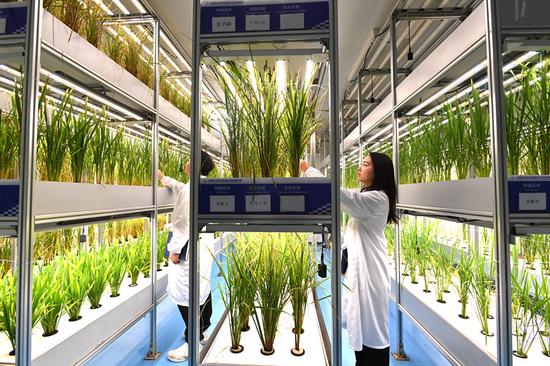
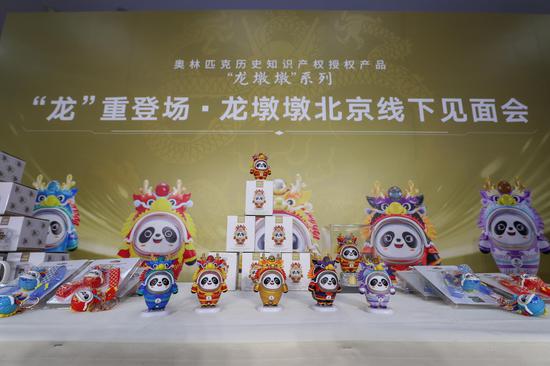


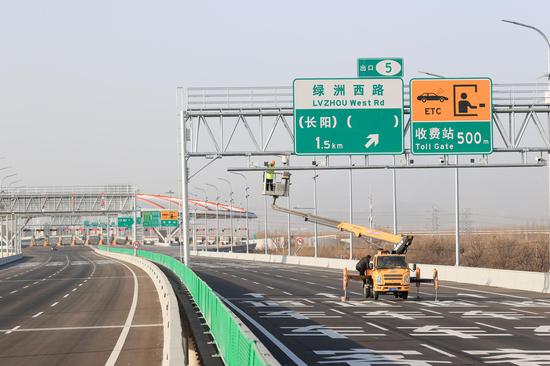
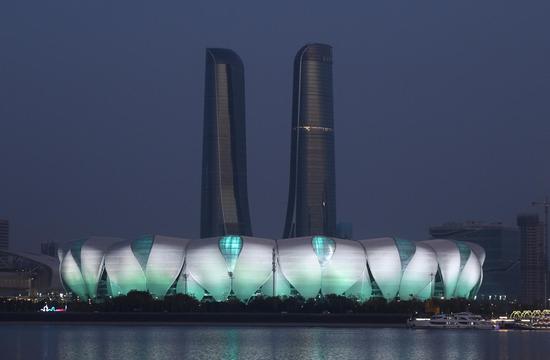



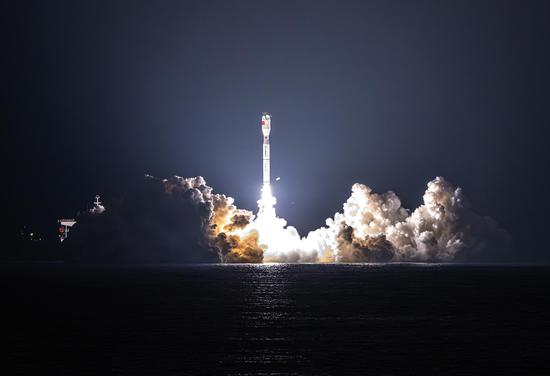



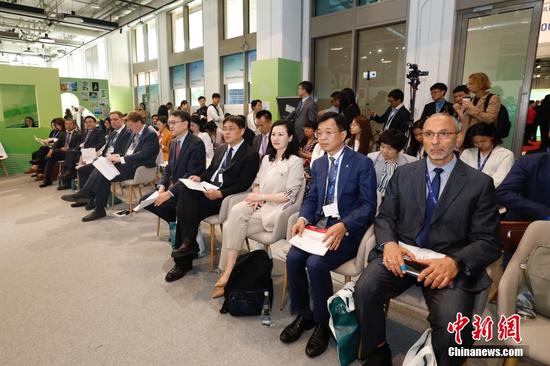

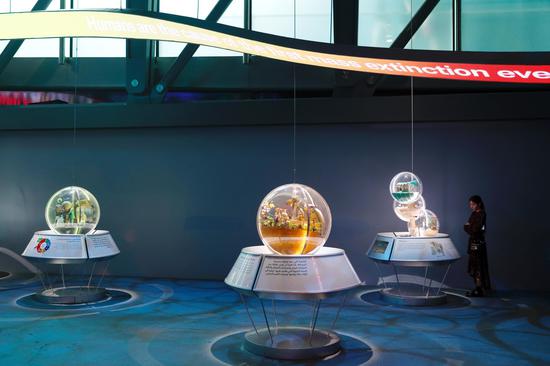
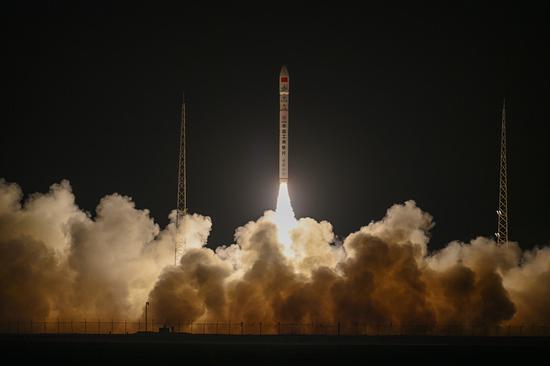

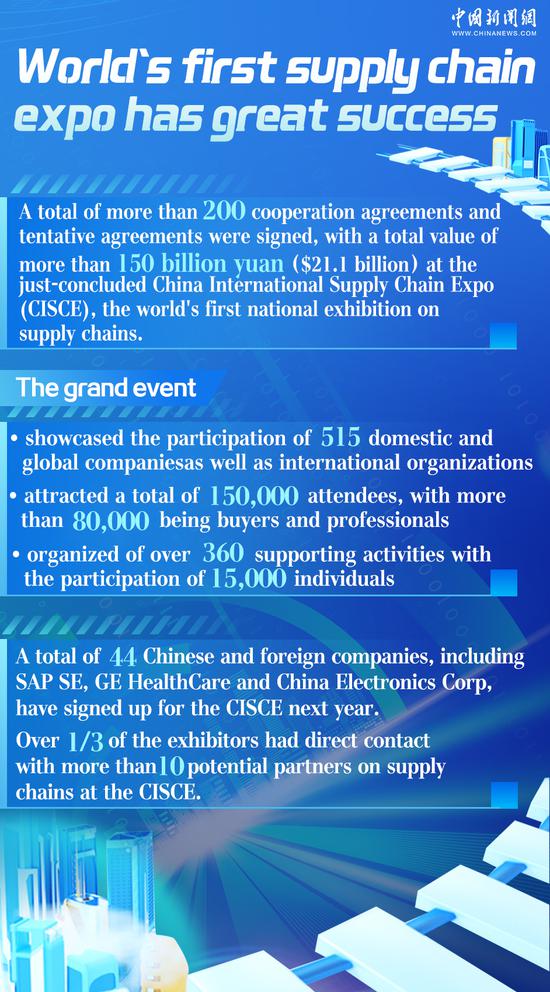


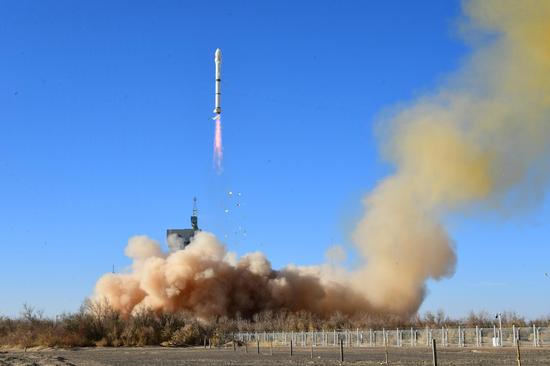


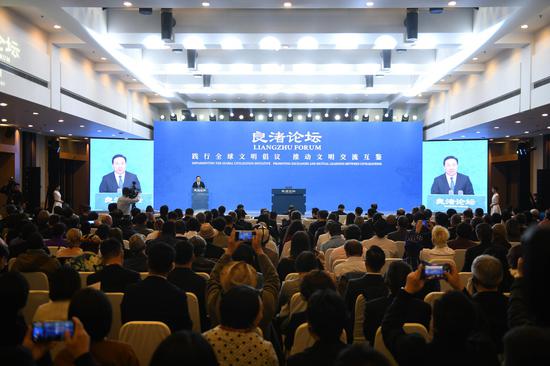




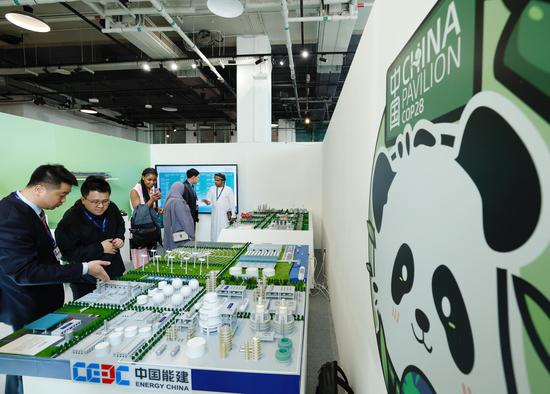
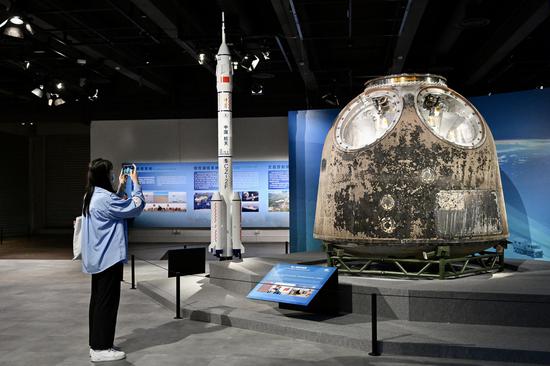











 京公网安备 11010202009201号
京公网安备 11010202009201号